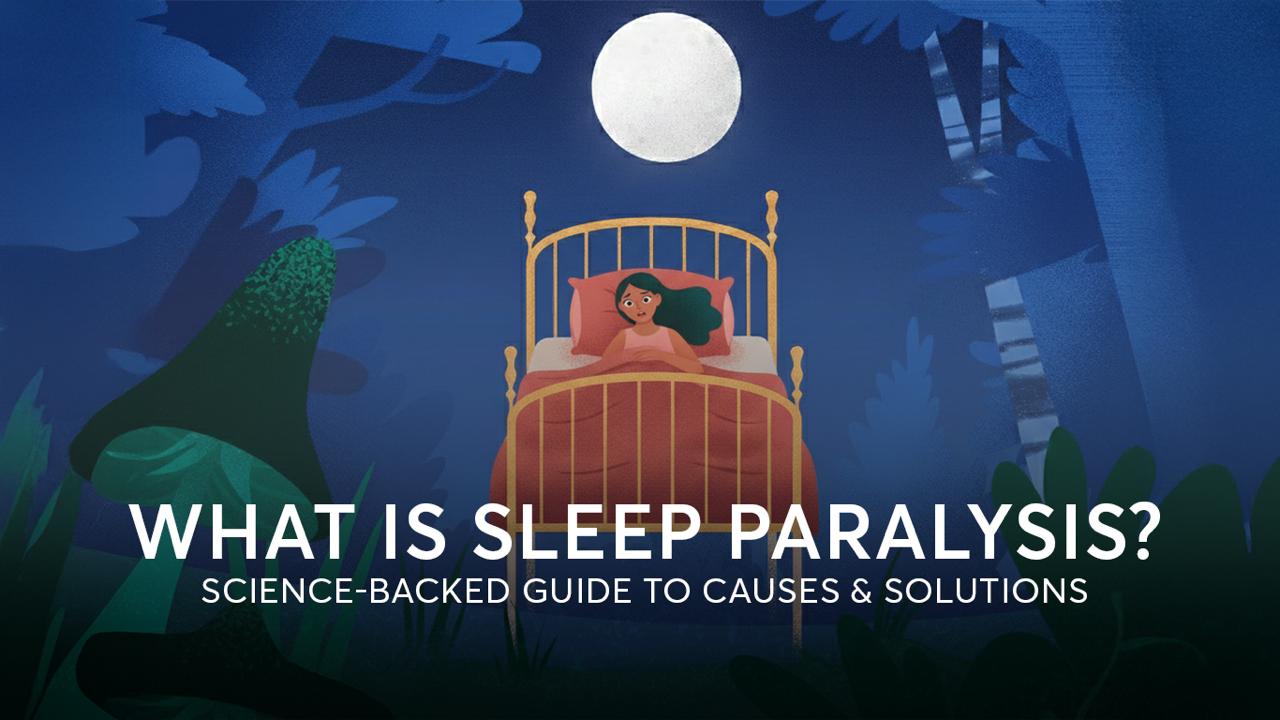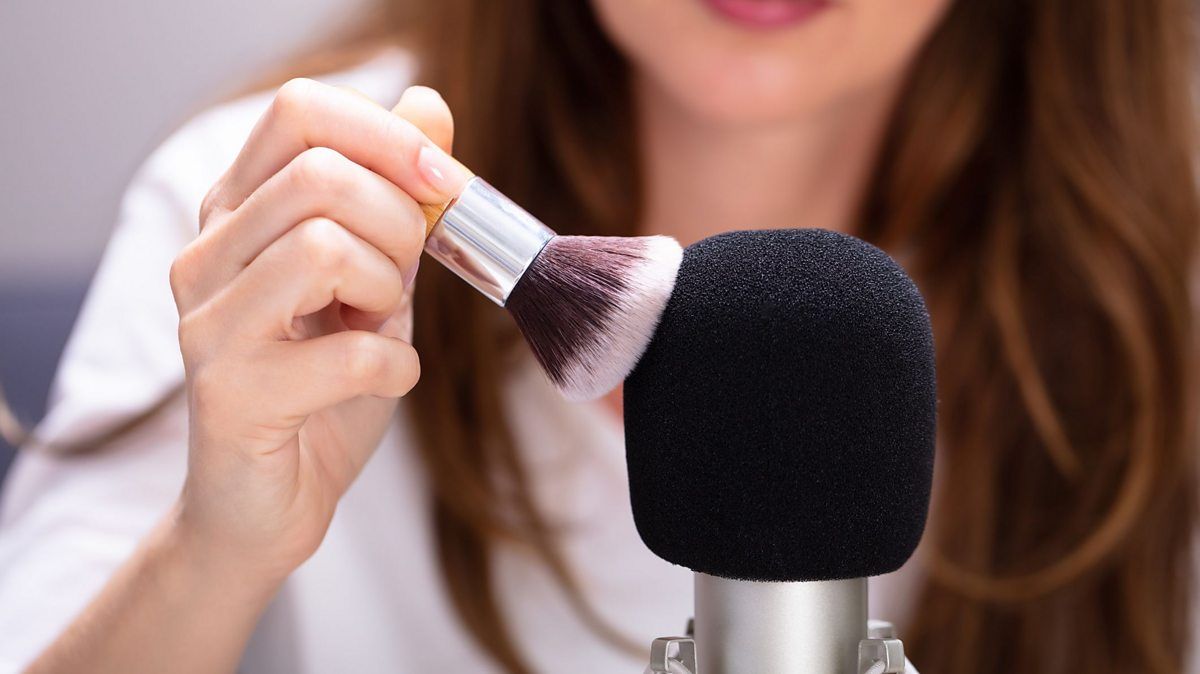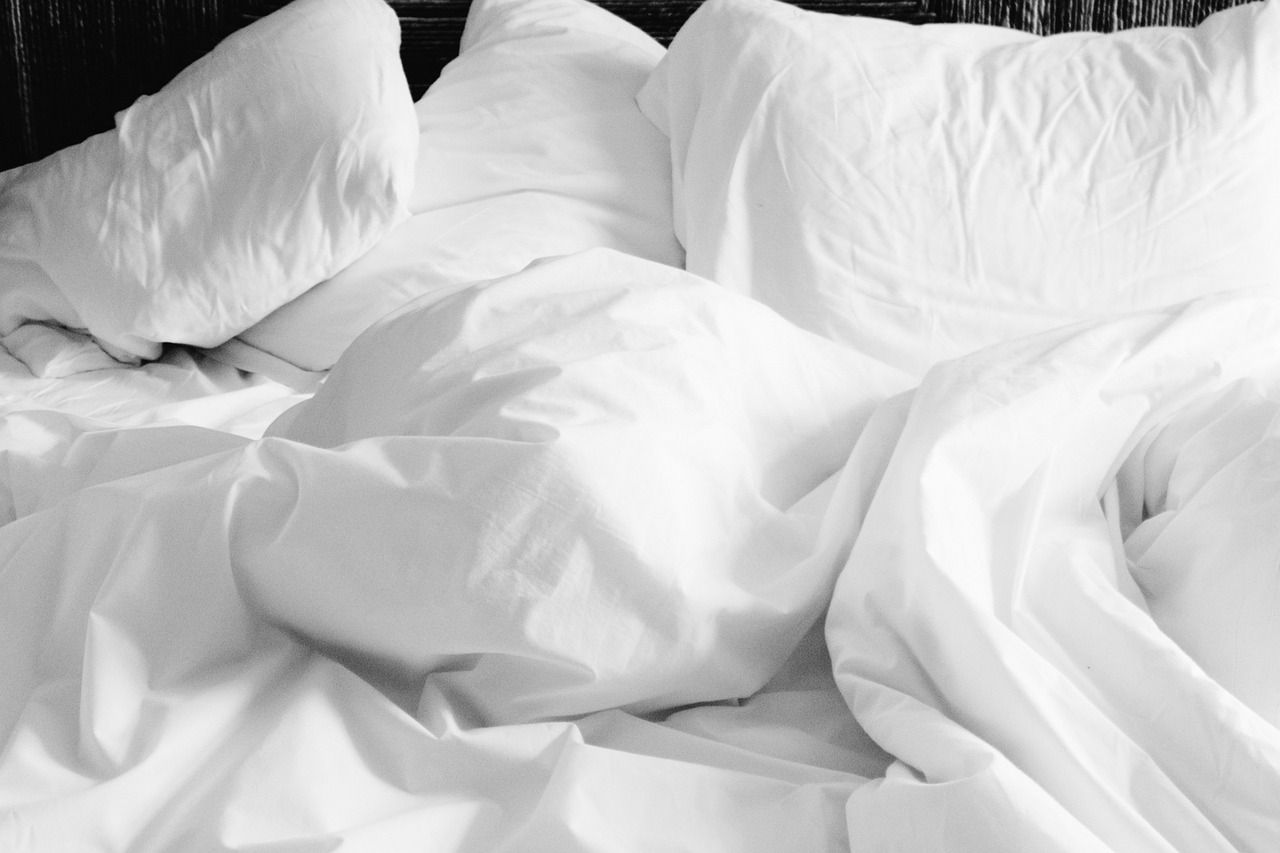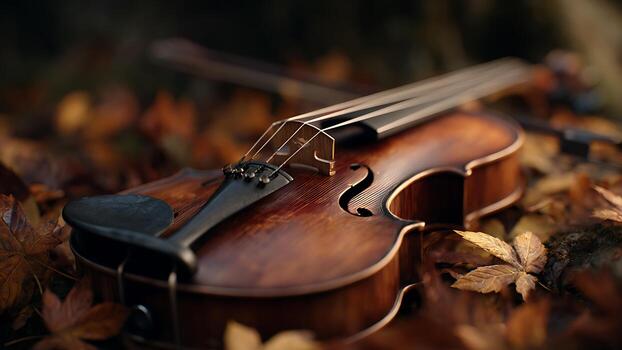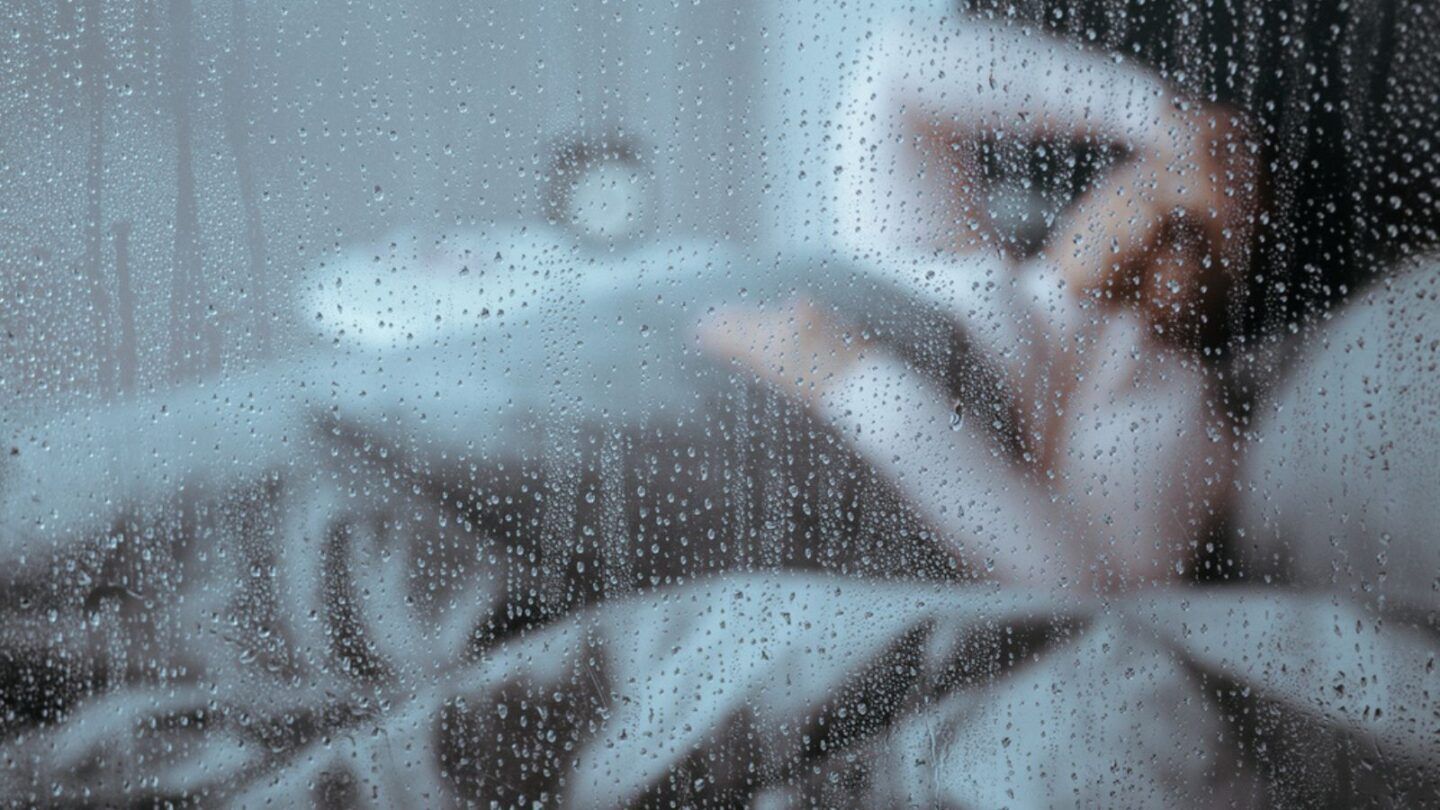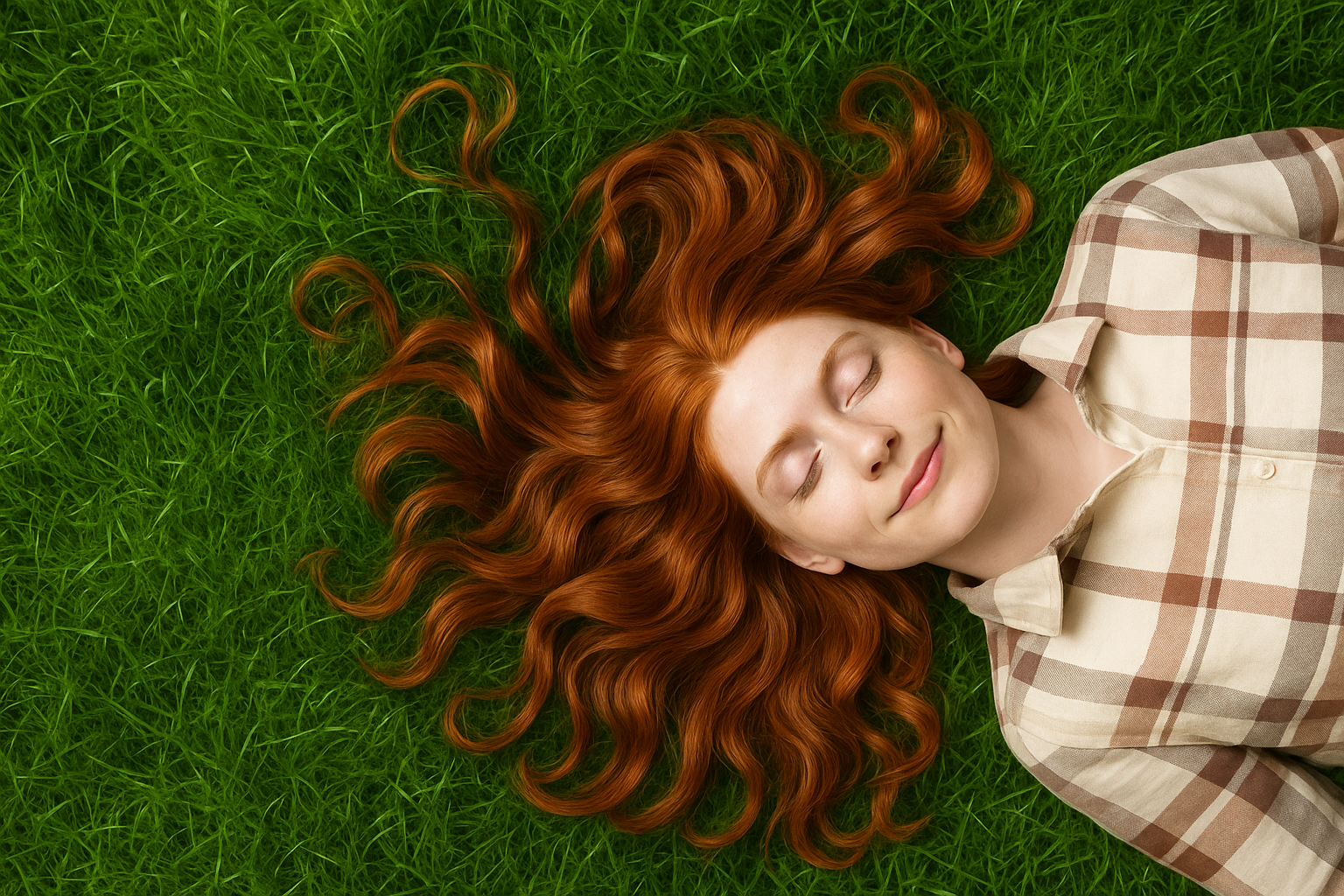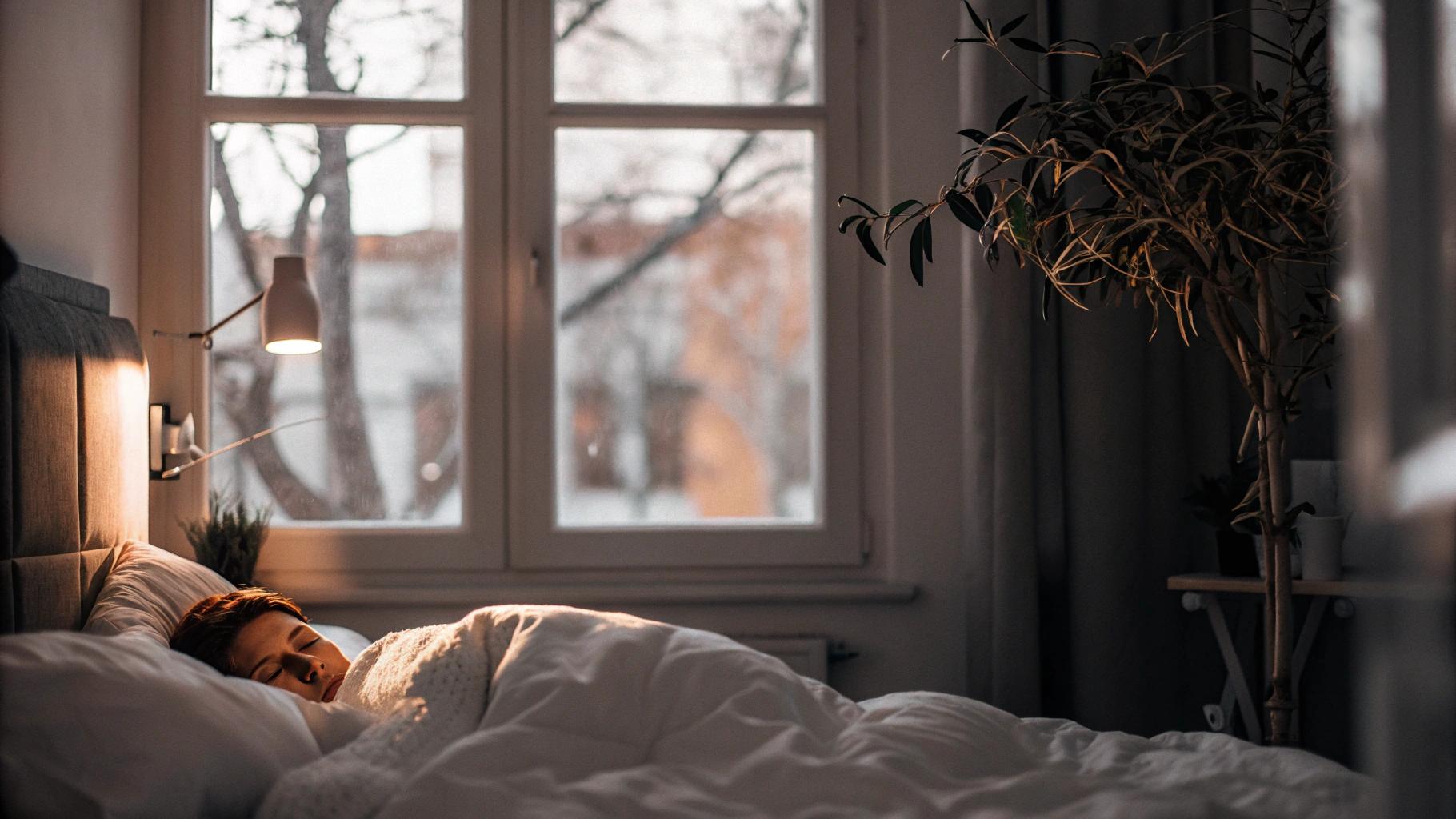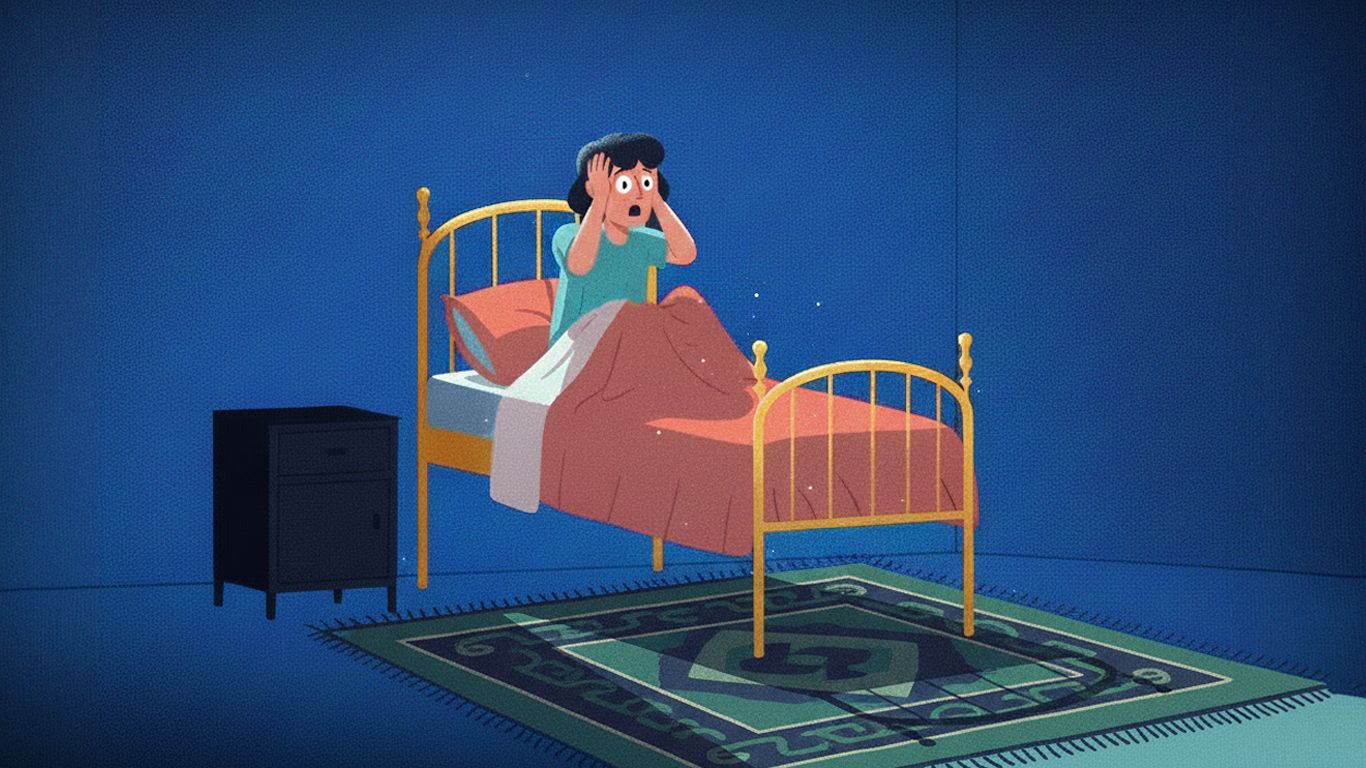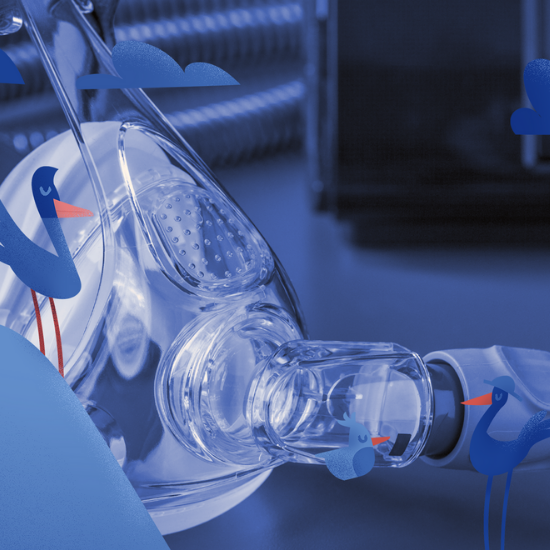
CPAP Maintenance
Those who regularly experience sleep apnea will want to keep reading. CPAP (Continuous positive airway pressure) machines are most frequently used by those who experience sleep apnea—and its various side effects—to add oxygen to their airways, literally breathing new life into them. Those with sleep apnea would be wise to invest in one of these so their condition doesn’t worsen. Better yet, these machines make very little noise when in use, which should be music to the ears of anyone who sleeps next to their partner.
To prevent any disruptions with your breathing at nighttime, a stream of purified air can consistently go through your nose and mouth using a CPAP machine. Sounds fantastic, right? But of course, you’ll also need to keep it clean and well-maintained. Here are some maintenance tips to keep your CPAP machine at its best.
How Should You Keep Your CPAP Machine Clean?
It's vital to regularly wash and rinse your CPAP machine parts, such as your hose and mask. Though you only need to wash it out about once a week (including the CPAP humidifier), rinsing these parts every day is a good idea. The best soap for cleaning your CPAP machine is one that’s gentle, not harsh, or full of chemicals. For example, you could use soap without any scents or foaming agents, such as Dr. Bonner’s unscented liquid soaps.
Even mild dish soap or baby shampoo can be effective in cleaning these machines. Otherwise, illness and respiratory problems can result from a lack of cleanliness, and the condition of the machine itself will start to decline. In most cases, the average lifespan of a CPAP machine is up to five years before it will need replacing, but the mask, tubing, and other associated parts must be replaced multiple times annually.


Can You Use Purified or Regular Water in a CPAP Machine?
Whether you’re cleaning your mask, hose, or any other parts associated with your CPAP machine, what you clean it with is of extreme importance. If you’re anxious about whether or not purified water can work with cleaning these machines, you’ll be happy to know that you can use it once or twice should you not have any other options.
However, minerals can still seep through during purification, so don’t use purified water too often—otherwise, those minerals will accumulate and impede your CPAP machine’s effectiveness. This is the case even more with tap water since you wouldn’t be purifying them to filter some of those minerals and microbes out. The best type of water for these machines is always distilled water since this type of water gets rid of nearly all chemicals such as bacteria, phosphorous, and calcium.
What Are Some Other Tips for CPAP Maintenance?
In addition to washing and rinsing the parts of your CPAP machine frequently, you’ll have to ensure your mask doesn’t squeal or whistle when you wear it. You have to either adjust it so it better fits your face, or replace it outright—after all, headgear is an essential part of your CPAP machine, and your comfort while sleeping. There are CPAP mask wipes you can buy, too, to make the cleaning process go more smoothly. Make sure you also frequently check the humidifier’s water levels, to ensure it’s using the right amount of water each time so you can sleep better and the machine remains in good condition.
You can also try using inline bacteria filters, placed between your hose and CPAP machine they act as an added layer of protection from bacteria during sleep. Be sure also to watch out for mold buildup in your machine. Since mold can result from frequent use of the CPAP humidifier, spores can be released into your airways and then your lungs—leading to possible health consequences such as skin rashes, congestion, sore throat, and even pneumonia.
